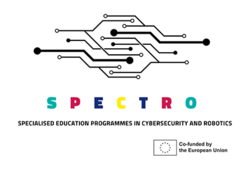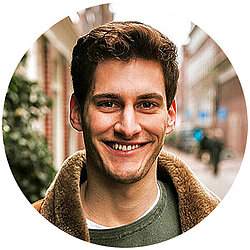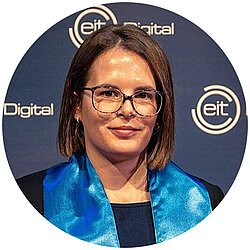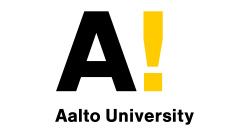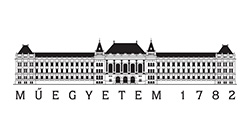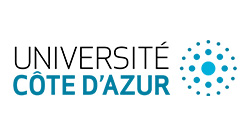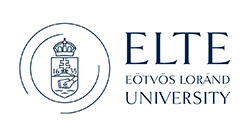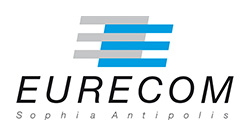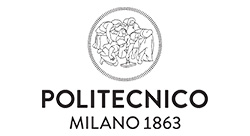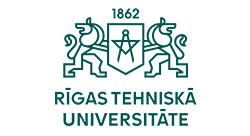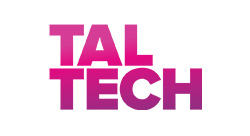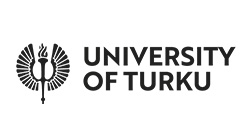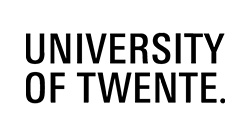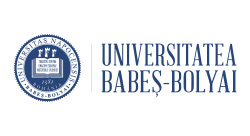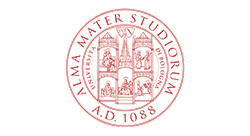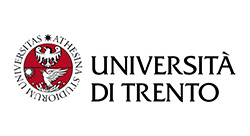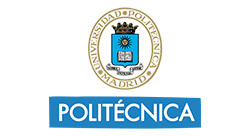Tomorrow's digital innovators and entrepreneurs
EIT Digital Master School offers two-year programmes which enable you to study at two world-class universities located in two different European countries. Moreover, you get to build a tailor-made curriculum based on your unique skills and interests. We offer double degrees, each combining technical competencies with practical skills in innovation and entrepreneurship.
Top technical universities
Choices of Countries to study in
Industry partners in our ecosystem
Graduates employed within 6 months after graduation*
Alumni work in the same or related field of their studies*
*Alumni survey conducted in December 2020/January 2021.
Our Programmes
Intelligent Robots The skills you need to drive the transition to autonomous systems. Cloud and Network Infrastructures The knowledge and skills you need to lead the cloudification of networks. Cyber Security Get cyber-smart and future-proof your career for an autonomous world. Data Science Data is the currency of the digital economy. Get the analytical skills you need to cash in. Embedded Systems The skills - and confidence - you need to compete in the booming field of embedded systems. Fintech Equip yourself with skills you need to drive the financial technology transformation. Fintech for Business For business students who seek to achieve their career faster by specialising in FinTech. Human Computer Interaction and Design Design the intuitive user interfaces that define how we interact with our smart devices.
Application
Application period three for 2024 is open and will close on 23 May 2024, 18:00 CEST.
The EIT Digital Difference
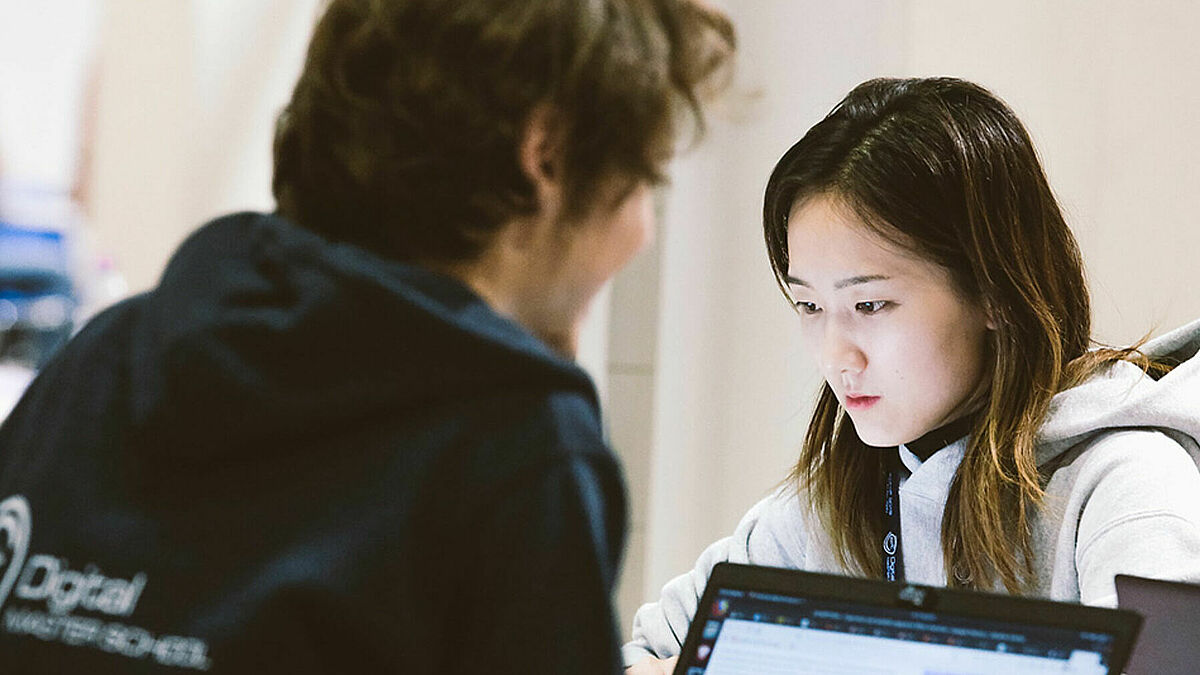
Invest Now in Your Career
For companies, digitalisation is key to increasing innovation, enhancing competitiveness, and accelerating growth. As a result, businesses everywhere are on the hunt for digitally enabled talent. Invest now in your future at EIT Digital Master School.

Innovate at Our Summer School
The EIT Digital Summer School offers unique two-week programmes, during which you will take a deep dive into how we use technology, innovation, and entrepreneurship to address both societal challenges and access business opportunities.

Access to the High-Tech Ecosystem
As part of the Master School, you will have direct access to working in our colocation centres, attend our summer school programmes, and choose an internship within disruptive scale-ups or technology start-ups, part of our ecosystem.
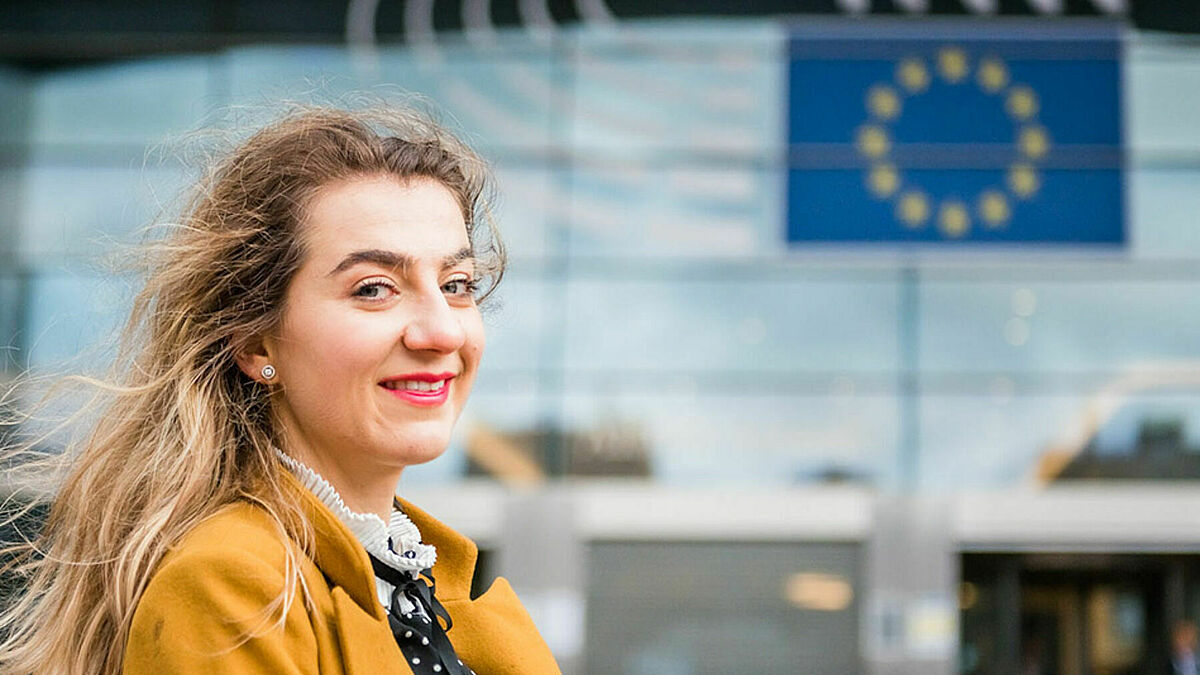
Two Days to Get to Know Each Other
The Kick-Off is an event for the newly enrolled students, marking the official start of the academic year. It is the students’ first encounter with the innovation and entrepreneurial aspect of our unique double degree master’s programmes.
Master School Kick-Off 2023
Cluj-Napoca, Romania
Choose EIT Digital for your master’s!
Check out what our students say about our community and programmes:
Check out our programmes and contact us today.
Curious about other EIT Digital Master School advantages?
